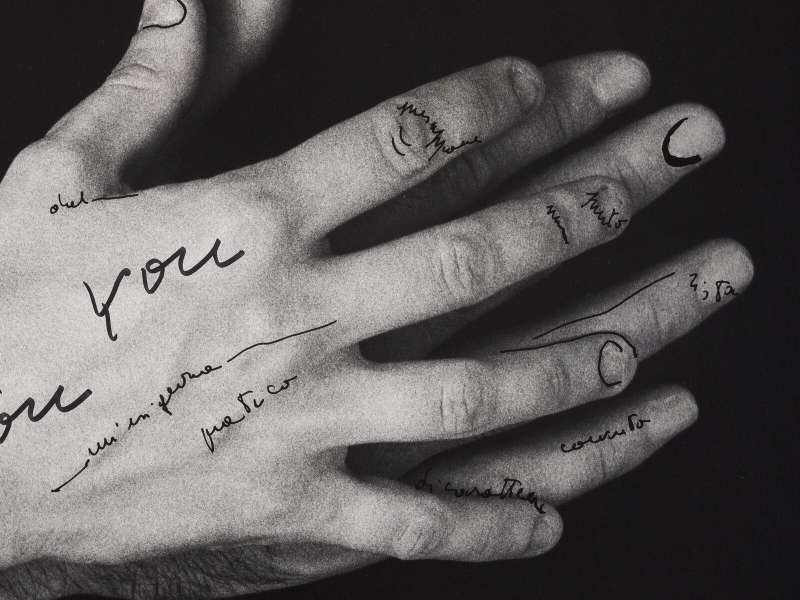
Ketty La Rocca: The Body as Language
For the first time in the United Kingdom, a major exhibition explores the work of Ketty La Rocca, a leading figure in Italian Visual Poetry and Body Art. Over fifty works trace a radical journey through gestures, words, X-rays, and manipulated images. A powerful investigation of language, identity, and the body.
阅读更多